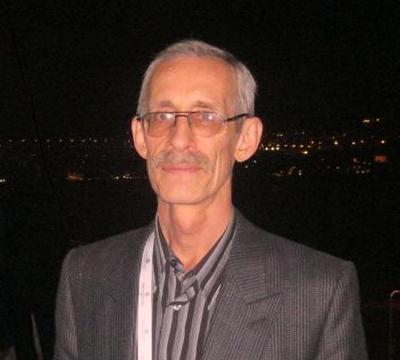With the collapse of the Soviet Union, the world expected a new era of peace and disarmament. But what happened? Instead of diminishing, US and NATO presence throughout Europe, the Persian Gulf, Afghanistan and Central Asia rapidly increased, and the world experienced one war after another -- in the Caucasus, Yugoslavia, Iraq and Afghanistan, each one hotter and more horrible than the last. And we are far from seeing the end to the savagery now unleashed by the anti-communist jinni.
Though a pokey backwater for the past millennium, the south Caucasus is now a key battleground, the "critical strategic crossroads in 21st century geopolitics", writes analyst Rick Rozoff, the focus of ambitious energy transit projects and a military corridor reaching from Western Europe to East Asia, controlled (or not so "controlled") from Washington and Brussels.
Surely peace in this vital region should be a paramount goal for both Russia and the West, for their own reasons -- Russia because, well because it is there and its cultural and economic links are vital to Russia's well being. The US, if only to benefit economically, since peace everywhere is a boon to economic well being and logically should be blessed by the world's superpower, whether or not it is a benevolent one.
But this logic has been betrayed -- egregiously, in the case of US abetting Georgia in its disastrous war against Russia in 2008, less obviously in likely covert US and other involvement in Chechnya and its neighbours, as well as in the Armenia-Azerbaijan stand-off over Nagorno Karabakh.
Topping the list in recent times are Abkhazia and South Ossetia, where firebrand Georgian President Mikheil Saakashvili struts and threatens, running from one NATO gathering to another, embracing one US military envoy after another, as he shakes his fist at his northern nemesis and vows to retake his breakaway territories Abkhazia and South Ossetia, now fully fledged republics. This pits a NATO hopeful against a NATO foe, and despite the fact that NATO expressly forbids membership to any country with disputed borders, it continues to vow that Georgia will soon be a full member, a project that can only mean war with Russia.
US encouragement for Saakashvili in his failed 2008 war with Russia was, to put it mildly, an embarrassment for the US and should be a warning to politely distance itself from further abetting a dangerously unpredictable character. Despite the likelihood that Saakashvili's extreme pro-West policies will be reversed by a future government, the US navy is conducting war exercises at this very moment with Georgia in the Black Sea, and the Pentagon is preparing to build three military bases in Georgia and dispatch of up to 25,000 US servicemen to the country by 2015. It seems the embarrassment is also a "window of opportunity", a chance to put facts on the ground which a future government would find very difficult to change.
Georgia is a tempting morsel for other reasons. US special envoy to AfPak Richard Holbrooke just last week visited Georgia to arrange transit of arms to his killing fields via Georgia. Saakashvili offered Georgia's Black Sea ports Poti and Batumi as docks for military supply ships and the country's airports as refuelling points for cargo planes. "The route to Afghanistan is already used extensively, because almost 80 per cent of cargo which is not going through Pakistan is going through Georgia, and only 20 per cent through Russia," boasts Alexander Rondeli, president of the Georgian Foundation for Security in International Studies.
Saakashvili is pursuing a propaganda campaign aiming to destabilise the region through direct and indirect provocation of Russia and support of terrorists with the tacit approval of Washington and Brussels. He has launched a Russian-language TV station First Caucasus beamed into South Ossetia, much like Reagan's TV Marti set up in 1985 for Cubans. He has also reached out to Abkhazians and Ossetians to try to convince them to subvert their current governments and join Georgia.
(Note: You can view every article as one long page if you sign up as an Advocate Member, or higher).





